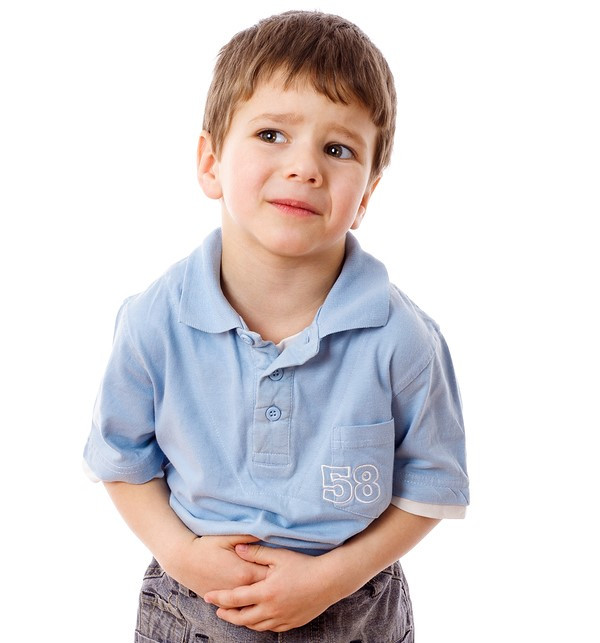
Vermox: Treating Threadworm, Hookworm, Pinworm & Roundworm
Dr Natasha Campbell-McBride recommends Vermox 100mg (Mebendazole) for treating common worms like hookworms, pinworms and some round worms. Threadworm is also easily treated with Vermox.
Symptoms of threadworms, pinworms etc
Threadworms cause an irritable itch and discomfort around the anus and they have been known to interrupt ones sleep. Other signs show a loss in appetite, irritability and in some cases with large infestations, pain and cramping in the middle of the abdomen, particularly after eating first thing in the morning. When the itching stops, you are safe to assume that the threadworms have been killed. Threadworm does not cause disease but it can cause urinary tract infections and bedwetting. Threadworm can also be viewed upon inspection via visible movement observed in a stool or by the use of a torch at night or early in the morning. The worms can easily be seen upon inspection with a torch directed at the anus.
Hookworms can present symptoms of persistent anaemia and bouts of an irritating dry cough caused by the larvae travelling up the throat to be swallowed again. Hookworms have a strong attachment to the linings of the intestine and draw on blood and tissue juices from their human host. The hookworm maintains a strong attachment to the intestine which makes it difficult to be dislodged by passing faecal matter.
The average adult hookworm is 10mm in length and the female can lay between 10,000 and 25000 eggs per day which will hatch after just 2 days followed by an infective stage 5 days later. Some symptoms may present as diarrhoea, a rash, abdominal pain, intestinal cramps, colic, and nausea. If the number of worms becomes very large, however, a person can develop anaemia because of the blood and tissue juices consumed by the hookworm. 0.1mL of blood per day is the estimate volume consumed by an adult hookworm so you can imagine an infestation of 2000 hookworms in the body and the result of 200mLs of blood loss a day. Further complications are then identified if the host is a child which has been known to cause growth retardation.
Fortunately, hookworm can be treated with Vermox.
The general dosage guidelines advised by Vermox at wormtreatment.com comply with GAPS recommendations below.
Dosage: Two Vermox tablets each day (1 in the morning and 1 in the evening) for 3 days to treat an adult or a child aged 2 to 12 years, irrespective of their age, weight or size. Some children may find it easier to take the tablet if you crush it up or mix it with food or drink. Repeat this dose again in 10 – 14 days to ensure that all eggs are killed. Vermox treatment will kill off the adult worms in the intestines at the time of treatment but the eggs in the environment are likely to hatch over the following weeks, therefore requiring a second dose to break their life cycle. The chances of reinfestation can be reduced if the floors and bathrooms are kept clean and bed linen and clothing are washed in hot water. It should go without saying that it is best to treat the whole family at the same time.
Worms are almost impossible to eradicate due to their clever existence within our environment and they generally always come back. Dr Natasha Campbell-McBride advises that whilst herbal remedies and preparations for worm treatments work, they are only effective whilst you are taking them and they return when you stop treatment, just as it is true for Vermox. The only difference is that Vermox will do the job in 1 to 3 days whilst herbal treatments can take months.
Tapeworms are difficult to treat and Vermox does not address them. Your Doctor would be the best person to discuss this treatment approach because medication will be required and this can then be followed up with herbal remedies. Tape worm infestation can have intestinal or invasive complications. If intestinal tapeworms grow large enough they can block bile ducts, appendix or pancreatic duct and cause problems for those organs. Invasive tapeworm infections complicate matters through impairment of the brain and the central nervous system. Invasive pork tapeworm infection can result in headaches and visual impairment, seizures, meningitis, hydrocephalus, dementia and death. The disruption of organs and consequent serious complications are also concerning when the larvae migrate to tissues or organs in the body.
Dr Natasha Campbell McBride has a philosophy in treating worms and
advises ‘if they affect your health, then it is a good idea to fight
them but if they do not present with symptoms, then there is no need to
address them as they are a part of your inner eco-system and may fulfill
some useful roles, such as regulating immunity and preventing
autoimmune disease.
For further information on intestinal worms and Vermox as a treatment go to the following link: www.wormtreatment.com
